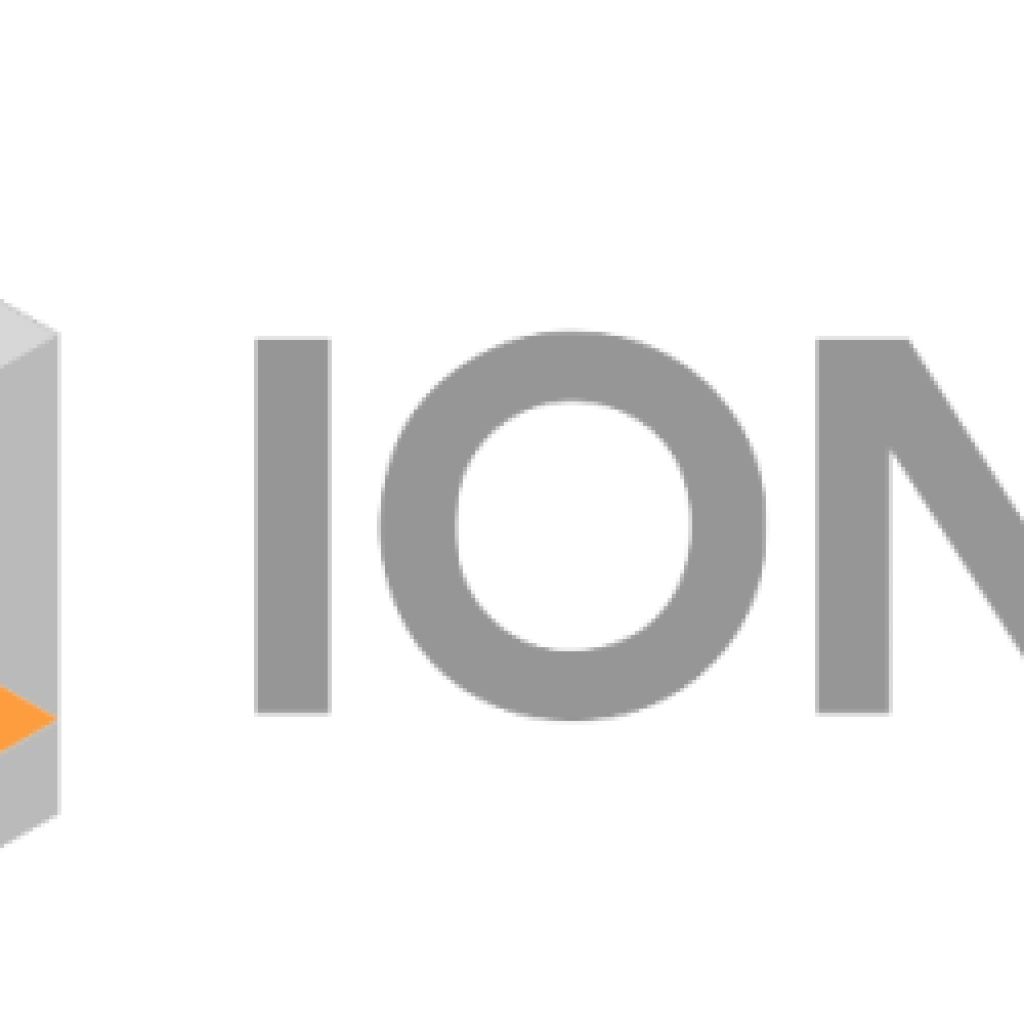(HPCWire) IonQ and the U.S. Department of Energy’s Pacific Northwest National Laboratory (PNNL) announced that their innovative public-private partnership has generated a sustainable and robust source of barium qubits for IonQ’s next generation quantum computers. IonQ believes that this collaboration will supply barium qubits for its quantum computers in perpetuity, a key step as the company begins to scale its manufacturing operations.
From Perfect Qubit to Goldilocks Qubit for Ion Traps
In addition to creating a pipeline of ions to power IonQ’s computers, over the course of two years the IonQ and PNNL teams were able to shrink the barium source material down to a microscopic scale. IonQ believes this is significant because it will allow IonQ to reduce the size of core system components, an important step in the creation of quantum computers small enough to be networked together.
“IonQ’s work with PNNL to secure the domestic supply chain of IonQ’s quantum computing qubits is a fundamental step in the mass commercialization of quantum computing,” said Peter Chapman, President and CEO of IonQ. “Qubits are at the core of our quantum computers, and this collaboration with PNNL lays the foundation for us to scale manufacturing of our systems.”
The resulting qubits from the partnership are already being used in IonQ’s barium-based quantum computer, which is intended to be even faster, more powerful, and more easily connected than IonQ’s current commercial systems.
IonQ’s partnership with PNNL builds on the company’s existing partnerships with the U.S. government. In November, IonQ became the first pure-play quantum computing manufacturer to join the Northwest Quantum Nexus (NQN), along with Microsoft, the University of Washington (UW) and PNNL. This past September, IonQ announced another government partnership to build the first-of-its-kind National Quantum Lab (Q-Lab) at the University of Maryland. In addition, IonQ’s Co-Founder and Chief Scientist, Professor Christopher Monroe, serves on the National Quantum Initiative Advisory Committee (NQIAC).
“We are thrilled to contribute PNNL’s chemistry expertise to the quantum computing community,” said Marvin Warner, a PNNL materials scientist. “It is particularly satisfying to collaborate on what will become the core components of IonQ’s systems.”
Today’s partnership with PNNL is one of several ongoing IonQ initiatives aimed at expanding quantum computing manufacturing within the Pacific Northwest. IonQ is actively expanding its headcount in the region with key leadership hires, and will soon settle on a location for its Seattle-based product engineering facility.
